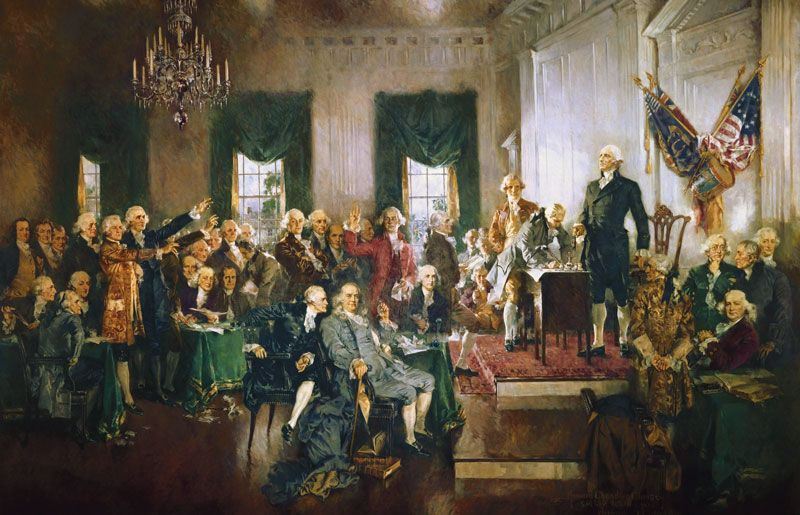
Recently I was sitting in the atrium of the Savannah-Hilton Head airport sipping a cappuccino. As I was looking down at the morning marvel of foam and cinnamon, I was startled to hear my name. At the time, I’d been thinking about the First Amendment to the Bill of Rights. (Seriously. I’m an incurable nerd.)
The group that surprised me included a youth minister from St. Gregory the Great, a mom, and four John Paul II students. They were heading to Alaska for a mission trip. After we had exchanged obligatory hugs, I noted the warm jackets in tow. Then they started joking about the bear-encounter instructions they’d been given: Don’t approach them, don’t feed them, and don’t try to pet them. They mentioned that another whole group from the parish would be arriving shortly with the other youth minister.
All of the young people, I noted, were wearing blue T-shirts emblazoned on back with a map of Alaska attached by a dotted line to South Carolina, and the logo “Here I am … Lord, send me.”
We’ve been hearing repeated reports about the departure from religious practice that afflicts our younger citizens. Figures of up to 80 percent are cited when it comes to their disconnection from faith commitments. So it is refreshing to meet a group of youth and young adults who are unashamedly putting their belief in Christ into action.
Since 2012, we Catholics have been observing a Fortnight for Freedom in the days leading up to the Fourth of July. The focus always is a celebration of religious liberty. Freedom from an establishment of religion and from impeding our practice of religion is expressly outlawed by the Bill of Rights. Freedom of religion is our first freedom, and the Masses and public observances of the Fortnight always point that out. Before freedom of speech, press, assembly, and petition, our early patriots felt it was essential to guarantee our freedom to pursue our beliefs, worship God, and follow our consciences without being barred by law.
The experience of recent decades, however, has shown that America has, in many quarters, become materialistic and godless. The elimination of prayer from public schools, campaigns against nativity scenes and mention of Christ from public Christmas displays, attempts to force religious groups to be complicit in providing contraceptives and abortions, and the judicial decision to redefine marriage are all evidence that basic Judeo-Christian moral principles and practices are being systematically undermined.
We’re led to suspect that secularism and moral relativism have become, step by step, the contemporary counterpart to an established religion: a religion of non-religion.
We have to wonder how our Founding Fathers would respond to seeing our first freedom translated into freedom FROM religion. The young people at the airport reassure me that, even if irreligion is somehow enshrined in the law of the land, it isn’t winning their hearts. And believing hearts lead them — and us — to help other human beings happily, in Jesus’ name.
Sister Pamela Smith, SSCM, is the Secretary for Education and Faith Formation at the Diocese of Charleston. Email her at psmith@catholic-doc.org.



